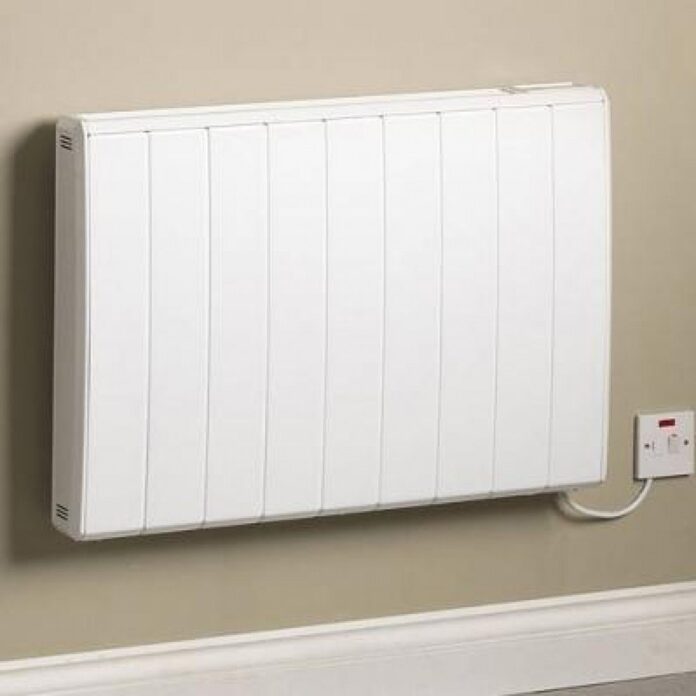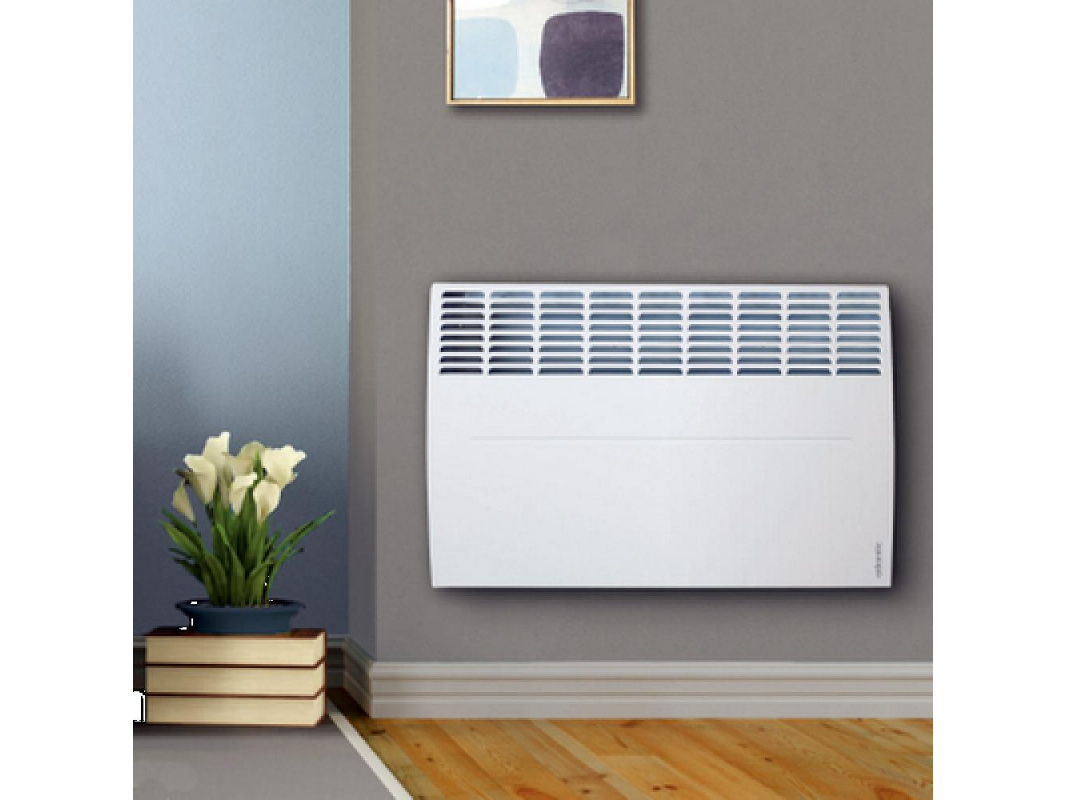Ventilation is one of the most important elements when building a home. Not only does it make your home more comfortable, but it also helps you save money on heating and cooling costs and can even prevent mould growth. A ventilation system is great for anyone suffering from allergies or respiratory issues because it filters out dust, pollen and other particles that can aggravate these conditions. Plus, with whole-house ventilation, you can keep humidity levels balanced all year long, so you don’t have to deal with damp basements in the winter or steamy showers in the summer!
Ventilation helps ensure that your home’s air is clean and healthy. Did you know that up to 90% of indoor air pollutants come from the outdoors? Most people don’t realize this because we spend about 90% of our time indoors. To help reduce these contaminants in the air, ventilation is used to remove harmful gases and smells.
So what is ventilation, and why do you need it? Ventilation uses mechanical or natural means to remove odours, gases, smoke and moisture from a room or building. This can be done through windows and doors, which let in the fresh air. It can also be achieved by using fans that push air around a space.
Home ventilation systems keep you comfortable and healthy. They also help you save money on your heating and cooling costs.
Be Comfortable In Your Home.
 Keeps you comfortable throughout the year. Home ventilation will keep you comfortable throughout the year, especially when you want to save on heating and cooling costs by not running your furnace or air conditioner as much. In fact, with a properly installed system, you may be able to use less energy than with an open window.
Keeps you comfortable throughout the year. Home ventilation will keep you comfortable throughout the year, especially when you want to save on heating and cooling costs by not running your furnace or air conditioner as much. In fact, with a properly installed system, you may be able to use less energy than with an open window.- Keeps your home healthy by keeping its air quality high. A properly installed and maintained ventilation system can help keep allergens in check so everyone in your family can breathe easier.
Humidity Control
Humidity control is a great benefit of ventilation systems. Keeping your humidity level at the right level can help you avoid uncomfortable or unhealthy conditions, such as mould and mildew. It also helps keep the air in your home from being too dry or too humid, making you feel better and reducing the risk of allergies and asthma.
If you have trouble remembering to turn on a humidifier every time it gets cold outside, an automated system can take care of that for you. Many models will start up automatically when they sense that the humidity in your home has dropped below a certain point (usually 50%). This will keep things comfortable for everyone inside without constantly monitoring what’s happening with each unit.
Filter Your Air For Healthier Living.
Ventilation can help you breathe easier and reduce the risk of many health problems. If you have allergies or asthma, a home ventilation system filters the air to remove dust and allergens, which can aggravate your condition. In addition to filtering out these particles, it also reduces mould growth that may trigger an allergic reaction.
The most common health problems that can be caused by mould are:
- Allergies. Mould causes allergic reactions in some people, including sneezing, runny nose, and congestion.
- Asthma. Mould can irritate the lungs and cause asthma attacks in people with a history of breathing problems.
- Respiratory infections. If you’re exposed to mould spores for an extended period without adequate ventilation, you may develop flu-like symptoms such as fever, aches, chills and headaches. This is especially true if you have an immune system disorder like AIDS or chronic lung diseases like emphysema or asthma; children are at higher risk for respiratory infections when exposed to mould spores because their immune systems aren’t fully developed yet.
Moisture Control With A Home Ventilation System
Moisture control is also important in the home. Excessive moisture in your home can lead to severe damage, including mould and mildew growth, which look bad and create respiratory hazards for you and your family. Moisture control systems help prevent condensation buildup on surfaces like walls and ceilings and water damage from rain or snow melt by exhausting air outside of your structure. If you live in an area with weather that fluctuates between hot and cold, then this is especially important! The right home ventilation system can also help you save money on your energy bill and improve the air quality in your home. With a properly sized and installed ventilation system, you’re less likely to experience moisture buildup in your attic or crawl space—which can lead to mould growth and rotting wood.
It Helps Reduce Odours.
Improving your home’s ventilation is a great way to reduce odours and save money on heating and cooling costs. By allowing fresh air into your home, you’ll be able to keep the air clean and free from scents affecting the quality of life for everyone there.
It’s important to keep your ventilation system in good working order, especially if you live in an area with a humid and hot climate. If you’re unsure how well your ventilation system works, call a professional technician to inspect it. You may need to replace filters or clean vents if they are clogged with dust or debris.
Noise Reduction
One of the most important benefits may be noise reduction. In many cities, traffic on major highways is constantly in our daily lives. This can make sleeping or concentrating on work difficult if you have an open window in your bedroom or office, especially when their construction is nearby. With a properly installed and maintained system, you’ll have less noise pollution inside your home. You can enjoy a good night’s rest without constantly being awakened by passing vehicles and construction crews outside your windows.
It Helps You Save Money On Heating And Cooling Costs.
- It reduces the amount of energy needed to heat and cool your home. Ventilation can help you save money on heating and cooling costs by using outside air instead of recirculated air, which is more expensive to the condition than fresh air. This can result in lower utility bills.
- It reduces the need to use an air conditioner or heat pump. If installed properly, the ventilation systems will help you maintain comfortable temperatures throughout your home without relying on an air conditioner or heat pump—meaning less work for these systems, which means they’ll last longer!
If you have ventilation installed, it’s important to remember that there are two types of ventilation systems: exhaust and supply. Exhaust systems use the power from your home’s heating or cooling system to pull stale air out of your house and bring fresh air from outside. Supply systems use an independent fan (or fans) to move air into your home.
Conclusion
Home ventilation is the perfect solution for anyone who wants to improve indoor air quality. Home ventilation will keep you comfortable throughout the year, help you save money on heating and cooling costs, and make your home a much more pleasant place to live in. If you’re interested in installing a new ventilation system for your home, check out the Heat-On Heating Systems website to learn more about their products!
Related Websites
Articles on Blogshunt
Articles on Blogseu
Articles on Blogspeoples
Articles on Thebigblogtheory
Articles on Allcityforums


 Keeps you comfortable throughout the year. Home ventilation will keep you comfortable throughout the year, especially when you want to save on heating and cooling costs by not running your furnace or air conditioner as much. In fact, with a properly installed system, you may be able to use less energy than with an open window.
Keeps you comfortable throughout the year. Home ventilation will keep you comfortable throughout the year, especially when you want to save on heating and cooling costs by not running your furnace or air conditioner as much. In fact, with a properly installed system, you may be able to use less energy than with an open window.